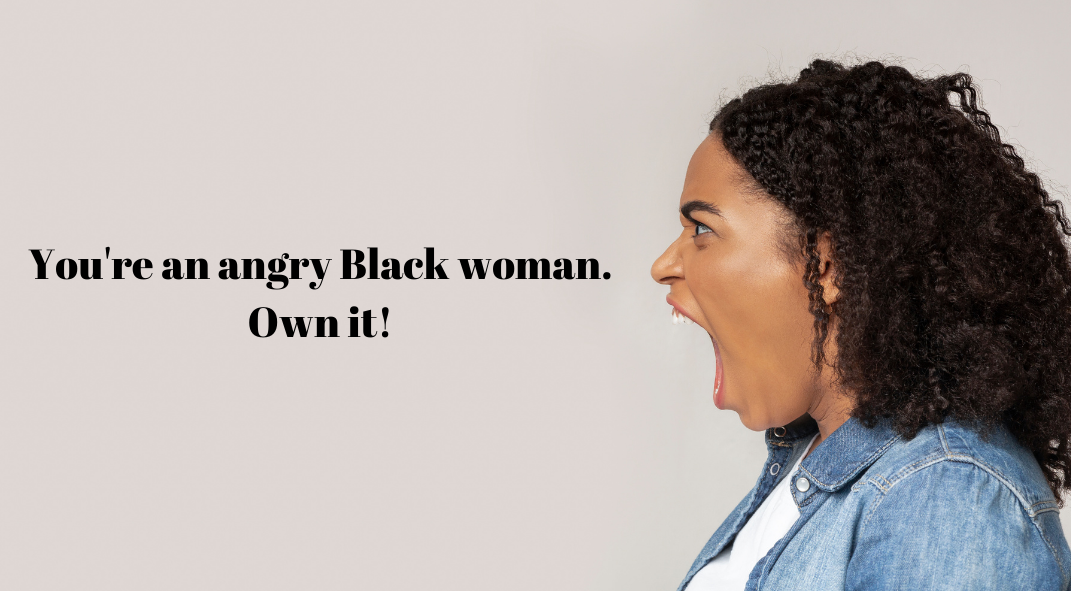As we settle into this new year, we’re facing a lot of uncertainty, including ongoing COVID drama and trauma, debates over whether to vax or not to vax, and rethinking how we work and live. As a result, our collective mental health continues to suffer.
While it’s understandable that you might feel anxious or down, knowing how your thoughts can affect how you feel can help you shift from unhealthy, negative emotions to a place of more flexibility and ease. The benefit of shifting? You’ll build coping skills that can sustain you through hard times – whether it’s divisions over COVID, riffs in your family, or challenges at work.
For example, insisting that something must happen in a certain way or someone needs to behave a certain way could lead you to feel anxious, hurt, and rageful – unhealthy negative emotions that can lead to self-defeating behaviors like avoidance or procrastination. That way of thinking is a reflection of being rigid and fixed. Knowing that life doesn’t always deliver what you expect or people don’t always behave the way you want them will help you be more flexible and engage healthy, negative emotions like disappointment, concern, and anger. (Yes, anger can be healthy – and helpful. As Audre Lorde tells us, it’s full of information.)
Instead of thinking something should happen, try thinking, “It would be great if I aced my presentation … but it wouldn’t be the end of the world if I don’t.” Or, “I want my parent or friend to apologize for an insensitive remark, but I recognize that they may not.” This allows you to get to a place of acceptance (while still speaking up – note that acceptance doesn’t mean that you sacrifice your values or become a doormat).
This technique is a part of REBT or Rational Emotive Behavioral Therapy – a framework rooted in philosophy and focused on perspective. REBT assumes you are a goal-oriented individual and supports you in reaching your goals. It leads you to check in with yourself, challenge negative thoughts and consider other ways of seeing situations. It’s not about what happened to you, it’s about how you perceive it that matters. And changing your perception can change how you feel.
Life is full of uncertainty, and this time is particularly challenging. Even our new norms will continue to be disrupted. Managing your expectations and shifting your perspective will help you to navigate uncertainty and be flexible, adaptable, and resilient in hard times.






